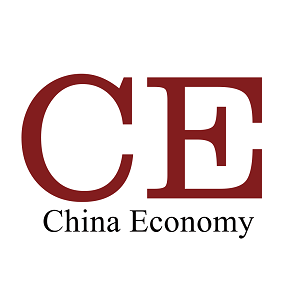Shanghai scientists have discovered a method that can make up for the shortcomings of the current CAR-T cell therapy, a new frontier in cancer treatment.
CAR-T therapy involves isolating T-cells from a patients' blood and reprogramming them to attack cancer cells after they are reinfused to the body.
T-cells act as the "police force" in the human body, and CAR-T reinforces the cells with targeting devices. When the T-cells are reinfused into a patient's body, these "cell police" can precisely locate cancer cells and terminate them, according to doctors.
But there are shortcomings with the current CAR-T therapies, which are mostly used for treating patients with blood tumors. These shortcomings included a high incidence of cytokine release syndrome, which may trigger a series of side effects, and a lack of persistence of CAR-T cells, which often leads to the failure of monitoring tumor cells for prolonged periods and thus leading to tumors recurring.
In their joint research, scientists from the Shanghai-based Center for Excellence in Molecular Cell Science Affiliated with the Chinese Academy of Sciences (CAS), Beijing-based Peking University Health Science Center and the University of California, San Diego, discovered the signal transduction mechanism of a key signal molecule functioning in TCR, or T-cell receptor, with combined technologies in immunology, mass spectrometry, biochemistry, biophysics.
The integration of this key signal molecule into the current CAR can reduce secretion of cytokines, promote cell growth and survival, and improve their overall sustainability, according to test results.
"In lab tests on mice, the anti-tumor activity of the upgraded CAR-T therapy was significantly improved," said Xu Chenqi, a leading scientist on the team and a researcher at the Center for Excellence in Molecular Cell Science, CAS.
A paper about the research was published on the website of the Boston-based Cell on Wednesday.
Researchers said that the study is still in the experimental stage, but they will continue to attempt to apply the research results in clinical use in view of its good application prospects in the treatment of various types of tumors.



